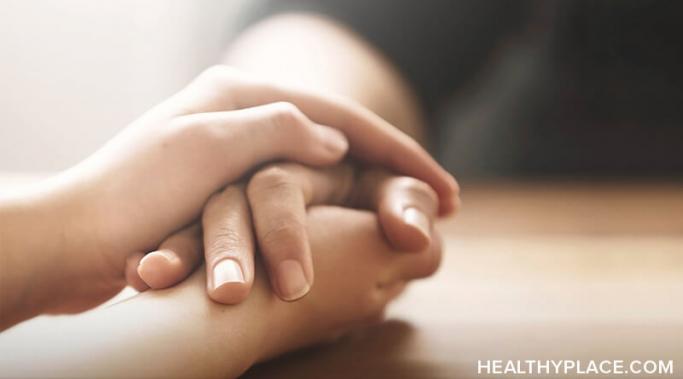Blogs
When healing from trauma, I have found that having a community is important. Although there are times I feel tempted to isolate myself when I'm struggling with my mental health, I have always felt better after reaching out to loved ones for support. This is especially the case when I seek out people who have been through similar traumas or share similar passions. Finding a community in which I feel welcomed and safe has done wonders for my healing from trauma.
Change can be powerful. Finding ourselves stuck in a rut, unable to see any alternative to our current situation, can lead to frustration and dissatisfaction. Could bringing joy and mental refreshment back into our lives be as simple as shaking up our daily routine and embracing the power of change?
This August, I underwent knee replacement surgery and had a schizoaffective episode. I didn’t think getting this surgery would affect my mental health as much as it did. Here’s how I ended up in a schizoaffective episode.
Do you know how to focus on glimmers instead of triggers? The healing journey away from verbal abuse will consist of many elements. Individuals who face verbal abuse may have posttraumatic stress disorder (PTSD), low self-esteem, or anxiety. Other people's actions can often create triggers that bring back negative emotions tied to past experiences. Sometimes, these triggers can be debilitating for individuals recovering from verbal abuse. However, the term glimmers has recently become common among people familiar with triggers.
The difficulty of living with this anxiety was the eventual development of a perception of weakness about myself. Anxiety and low self-esteem often go hand-in-hand because of this perceived inability to achieve unrealistic standards, and so with that constant feeling of inadequacy can come a feeling of weakness associated with a lack of control over situational stressors.
Being a caregiver to a person with posttraumatic stress disorder (PTSD) isn’t easy. Everyday interactions, from things as simple as disputes over how one loads the dishwasher to parenting decisions between a caregiver and the person with PTSD, can be challenging. In fact, a caregiver might feel like they don’t even recognize the loved one they’re living with post-trauma. However, there is help, and there is hope. Caregivers can take an active role in helping people with PTSD get better.
Depression and alcohol have always been interconnected throughout my life. I always felt that I avoided dealing with my mental health issues because it would end the illusion that I was a heavy drinker but not an alcoholic. In addition to questioning whether I was an alcoholic, another subject arose -- Is drinking every day causing my depression, or is my depression the driving force behind it all?
I thought about self-forgiveness recently. I celebrated my birthday towards the end of last month -- and around this time, I heard Miley Cyrus's latest song titled "Used To Be Young." It resonated with me because birthdays make me think of the past and what the future has in store for me. While listening to Miley's beautiful song on repeat, I couldn't help but ask myself: Have I forgiven myself for all the mistakes and failures of my past?
It's so often the case that a doctor won't listen to you. I've had it happen over and over and over again. Some doctors are worse than others, of course, but it feels like they all do it on some level. I know they use their clinical judgment to assess whatever you say in an appointment, but still, it's no fun when a doctor won't listen to you.
I work to cultivate my strengths, as living with a mental health diagnosis can present unique challenges to one's self-esteem and overall wellbeing. I know the internal struggles with stigma, self-doubt, and societal expectations can often overshadow my sense of self-worth. However, there is a powerful approach that can help rebuild and enhance self-esteem: focusing on and cultivating one's strengths.









